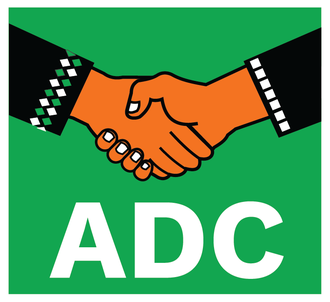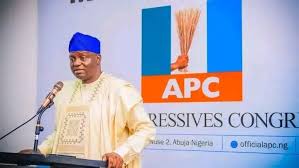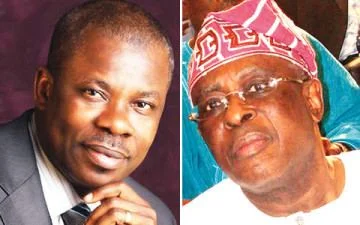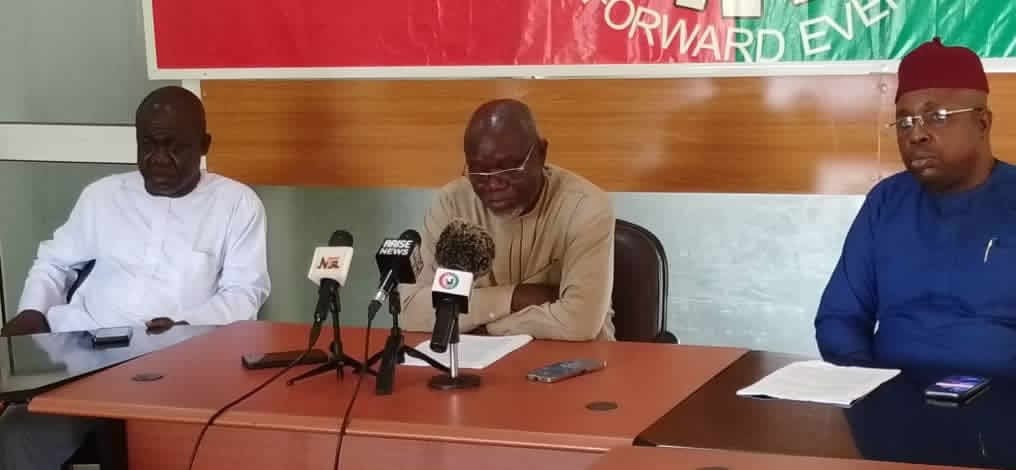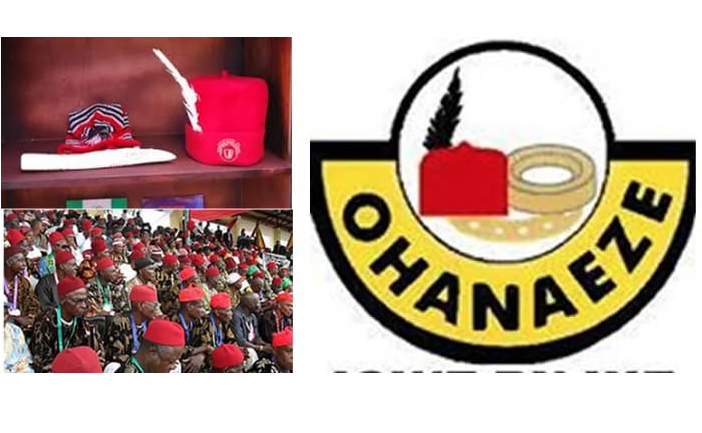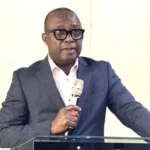The Independent National Electoral Commission (INEC) has dismissed claims suggesting a widespread lack of trust in Nigeria’s electoral process, insisting that available data shows steady improvement in transparency, inclusiveness, and voter confidence.
In a statement issued on Monday in Abuja, the Commission’s National Commissioner and Chairman of its Information and Voter Education Committee, Sam Olumekun, described recent commentaries questioning the integrity of the electoral system as “misleading and unfounded.”
He noted that while challenges persist, INEC has introduced significant reforms, including the Bimodal Voter Accreditation System (BVAS) and the INEC Results Viewing Portal (IReV), which have enhanced credibility and accountability in elections.
“Contrary to insinuations that Nigerians have lost confidence in the process, data from recent off-cycle elections show increasing voter participation and wider use of technology to validate results. For example, over 85% of polling unit results from the last three governorship elections were uploaded and accessible to the public in real time,” Olumekun stated.
He added that post-election surveys conducted by independent organizations also indicate that the majority of Nigerians believe INEC’s innovations have reduced manipulation at the polling level.
The Commission stressed that issues such as voter apathy, logistics, and electoral violence are systemic problems that require the collaboration of political actors, security agencies, and civil society, not INEC alone.
“We urge stakeholders to separate challenges within the broader political environment from INEC’s processes. The Commission remains committed to continuous improvement, guided by data, lessons from past elections, and recommendations from credible observers,” Olumekun said.
INEC further assured Nigerians that preparations for forthcoming elections are on course, with training, voter education, and deployment strategies already being fine-tuned.


